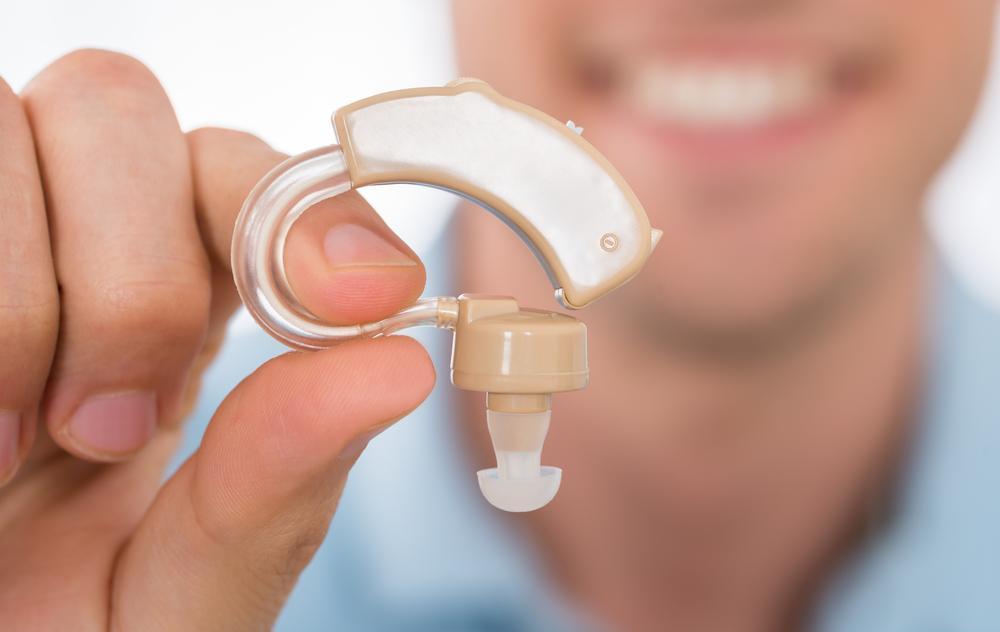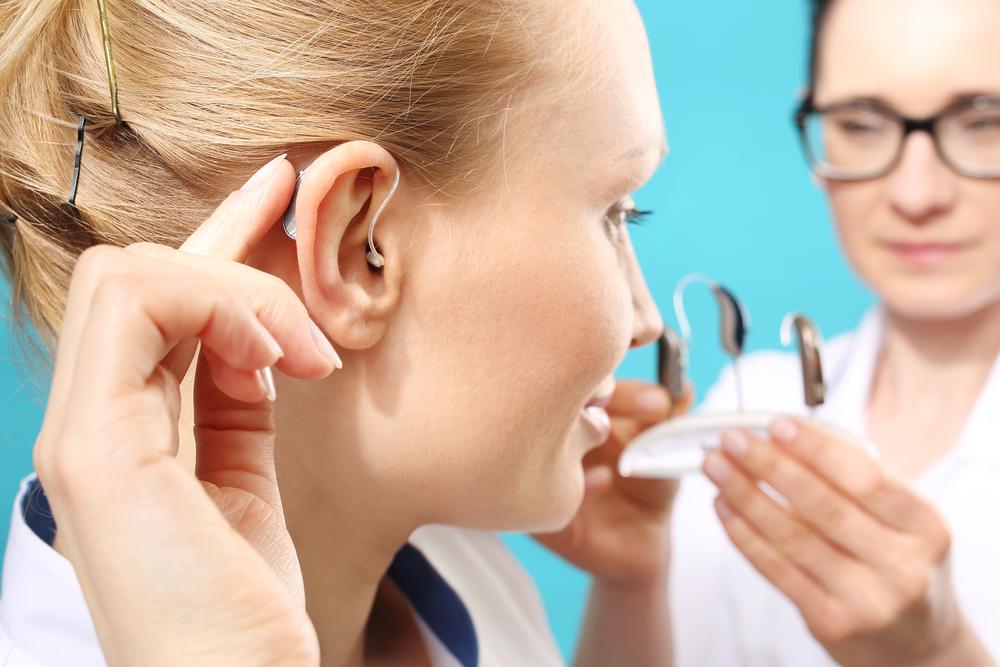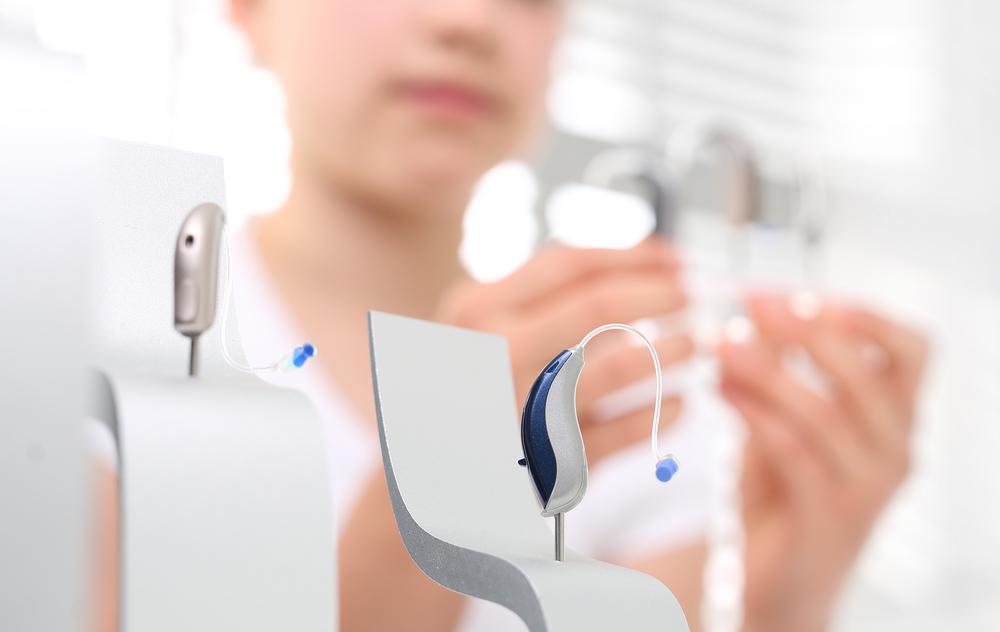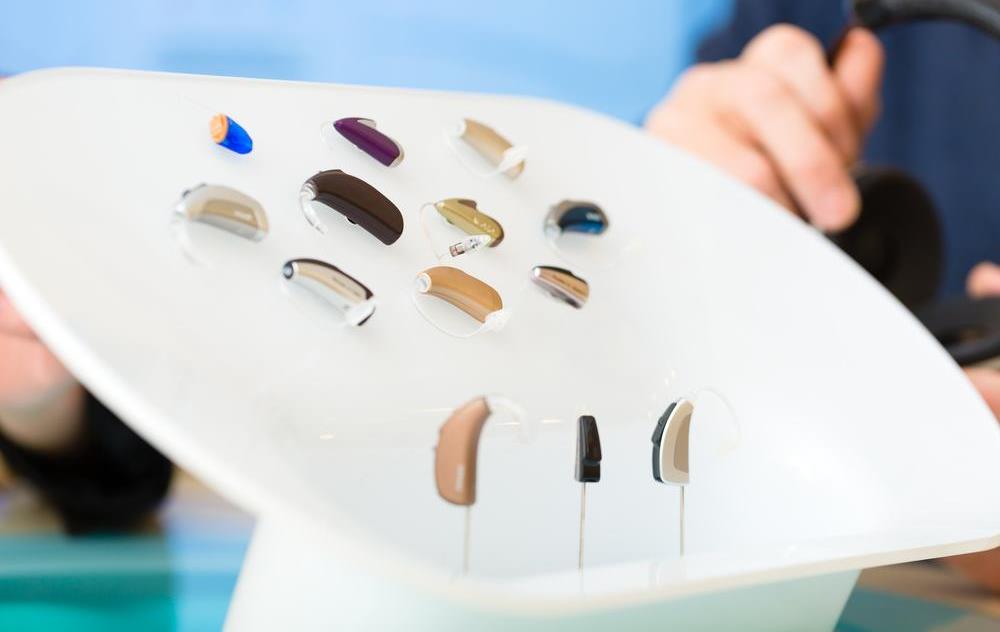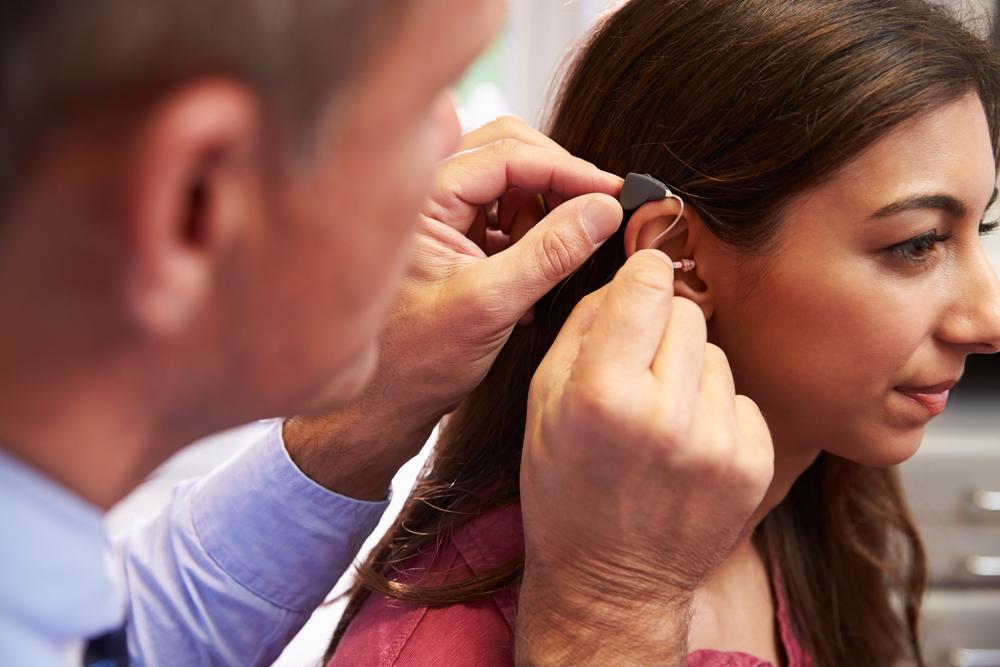Comprehensive Guide to Lowering Costs of Hearing Aids: Practical Tips and Strategies
Discover comprehensive strategies for reducing the costs of hearing aids. This guide provides practical tips such as insurance review, price comparisons, and exploring second-hand options to help you afford reliable hearing devices without compromising quality. Learn how to navigate the high costs with smart shopping, professional advice, and financing options, ensuring you get the best value for your investment in hearing health. Perfect for anyone seeking affordable hearing solutions and improved hearing capabilities.
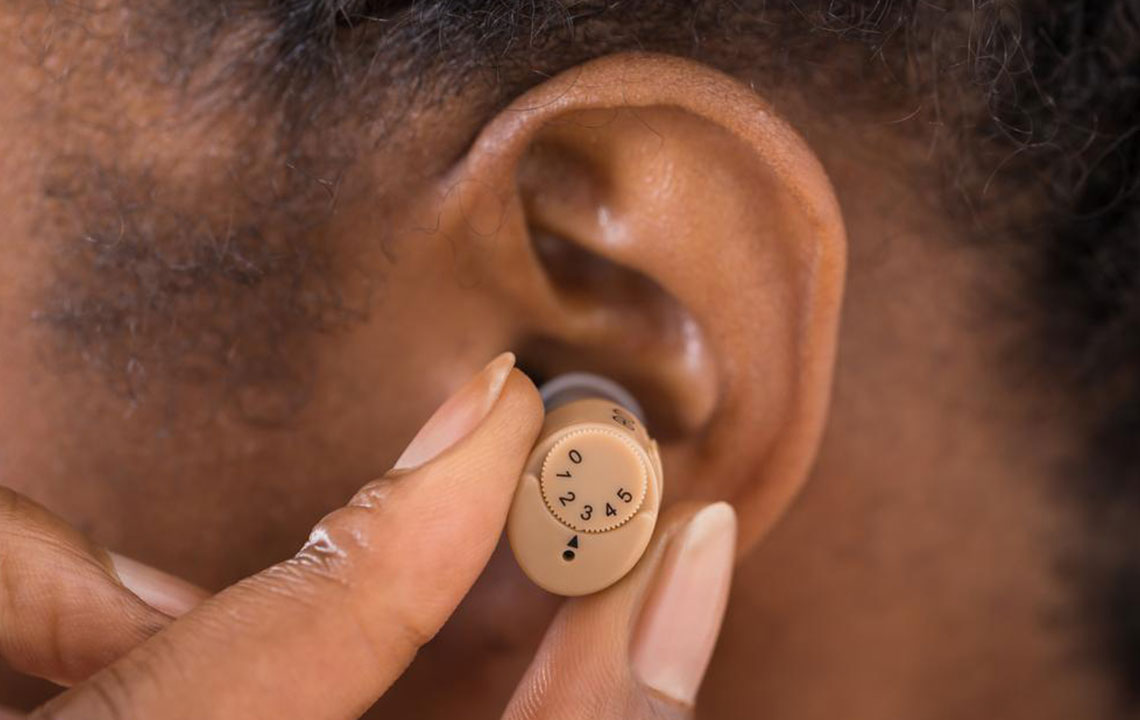
Effective Strategies to Reduce Hearing Aid Expenses
Hearing impairment is one of the most common chronic health conditions affecting millions across the United States. With aging populations and increasing awareness, more individuals are seeking hearing solutions to improve their quality of life. However, the high cost of hearing aids can be a significant barrier, often ranging from $1,000 to over $4,000 per device. This substantial expense can discourage many from seeking necessary treatment. Fortunately, there are various practical strategies and tips that can help reduce the financial burden associated with acquiring hearing aids while ensuring you get reliable, effective devices tailored to your needs.
Understanding the prevalence of hearing loss is the first step toward appreciating the importance of affordable solutions. According to recent statistics, approximately 2% of adults aged 45-54 experience hearing difficulties, a figure that increases to 8.5% among those aged 55-64, and nearly 25% of seniors aged 65-74 are affected. As the prevalence intensifies with age, the demand for cost-effective options becomes even more critical. Before making any purchase, it is vital to carefully compare prices and consider your specific needs, budget, and the kind of hearing aid that will serve you best.
One of the most significant concerns when choosing hearing aids is cost. With prices often between $1,000 and more than $4,000 per device, many people find affordability to be a challenge. Nonetheless, by adopting strategic approaches, you can significantly reduce this expense and still obtain high-quality hearing solutions. Here are some effective tips and strategies to consider:
1. Review Your Insurance Coverage for Hearing Aids
Insurance policies can play a crucial role in offsetting the costs associated with hearing aids. It’s essential to understand whether your current health insurance plan provides coverage for hearing devices. Some insurance providers offer partial coverage, while others may cover the entire cost. Contact your insurer or review your policy documents to determine the extent of your coverage. If your plan includes hearing aid benefits, choose devices within your coverage limits to minimize out-of-pocket expenses. Additionally, some Medicaid plans may offer assistance or coverage for hearing aids, especially for qualifying individuals. Being well-informed about your insurance options can lead to considerable savings and help you plan your purchase more effectively.
2. Shop Around and Compare Prices from Multiple Retailers
Don’t settle for the first offer you encounter. Instead, take the time to shop around at various hearing aid providers, pharmacies, and specialized hearing clinics. Each retailer may have different pricing strategies, discounts, or promotional offers. Comparing multiple quotes allows you to gauge the market rate and find the best deal for your needed features. Negotiation is often possible, especially if you are purchasing multiple devices or signing up for ongoing services such as maintenance and follow-up visits. Some retailers also offer bundled packages that include warranties, repair services, and accessories, which can provide additional savings over time.
3. Consult with a Healthcare Professional for Tailored Recommendations
Given the wide variety of hearing aids available on the market, consulting with an audiologist or your healthcare provider is crucial. These professionals can assess your specific hearing loss and recommend the most appropriate devices. Sometimes, high-end, feature-rich models aren’t necessary for every individual. Lower-cost hearing aids with essential features may suffice, reducing your expenses without compromising effectiveness. An experienced audiologist can also guide you on how to adapt to your new hearing device, avoid unnecessary upgrades, and maintain your hearing aids properly, extending their lifespan and ensuring optimal performance.
4. Consider Alternative and Second-Hand Options
In some cases, refurbished or gently used hearing aids are available at significantly reduced prices. Certified clinics and online platforms offer these options, often with warranties and guarantees to ensure quality. Always verify the legitimacy and reliability of the seller before purchasing second-hand devices. Additionally, some nonprofit organizations and community health programs provide subsidized or donated hearing aids to eligible individuals, making access more affordable for those in need.
5. Explore Financing Options and Payment Plans
Many hearing aid providers now offer financing or installment plans that allow you to pay over time rather than upfront. This can ease the financial burden and make acquiring necessary devices more manageable. Be sure to review interest rates and terms carefully before committing. Some providers also run special promotions, discounts, or loyalty programs that can further reduce costs.
6. Keep in Mind Future Costs and Ongoing Maintenance
Purchasing a hearing aid isn’t just a one-time expense. Regular maintenance, battery replacements, and occasional repairs are part of ongoing costs. When evaluating your options, consider the durability of the device, availability of replacement parts, and the warranty coverage. Investing in a reliable device may be slightly more expensive initially but could save money over time by reducing repair and replacement needs.
In summary, while the high cost of hearing aids can be daunting, strategic planning and informed decision-making can significantly reduce your expenses. By reviewing your insurance benefits, comparing prices across multiple providers, seeking professional advice, exploring second-hand and alternative options, and considering financing plans, you can find a solution that balances affordability with effectiveness. Ultimately, securing suitable hearing aids is a crucial step toward improving your hearing health and quality of life without overwhelming your financial resources.
